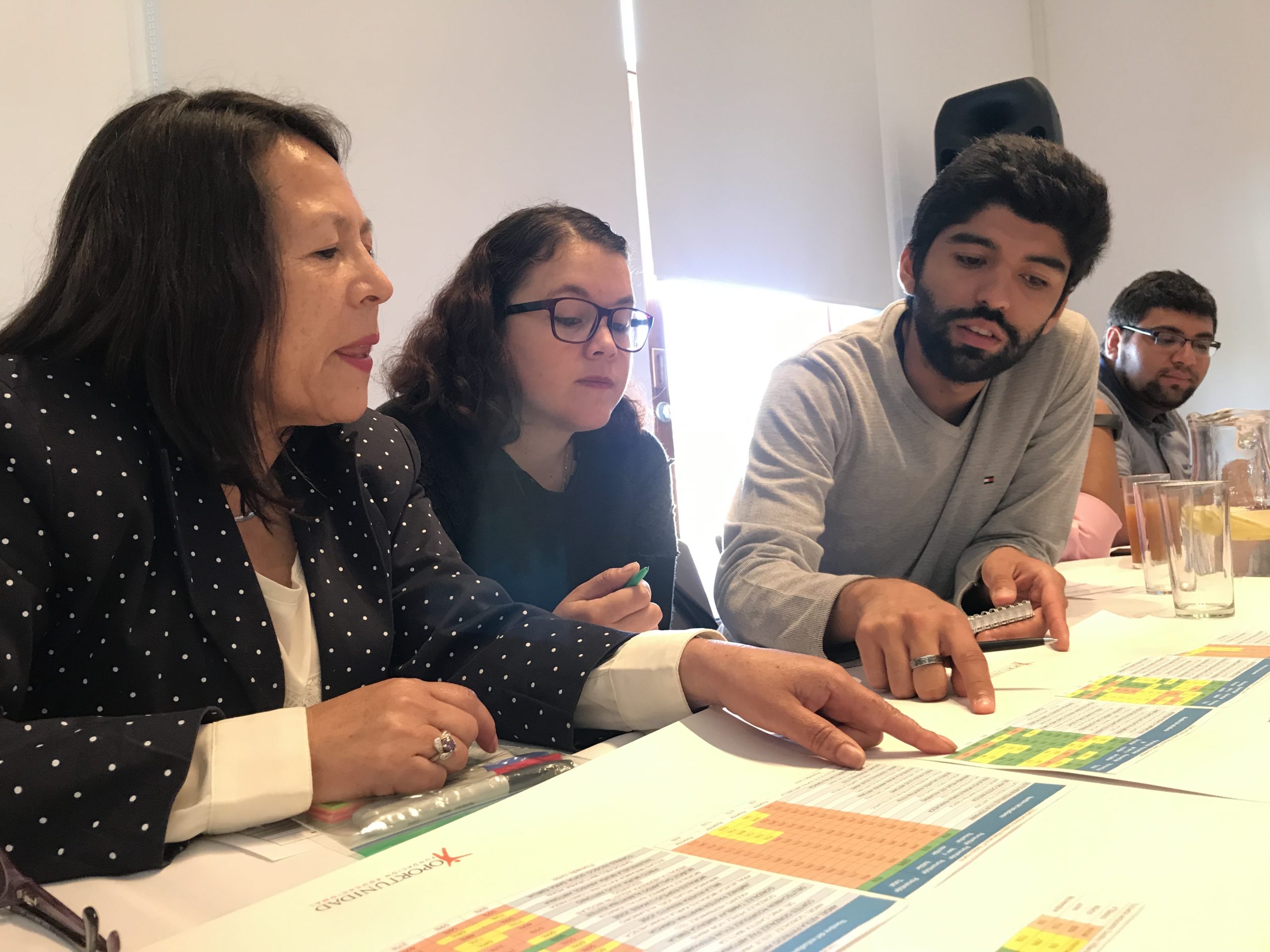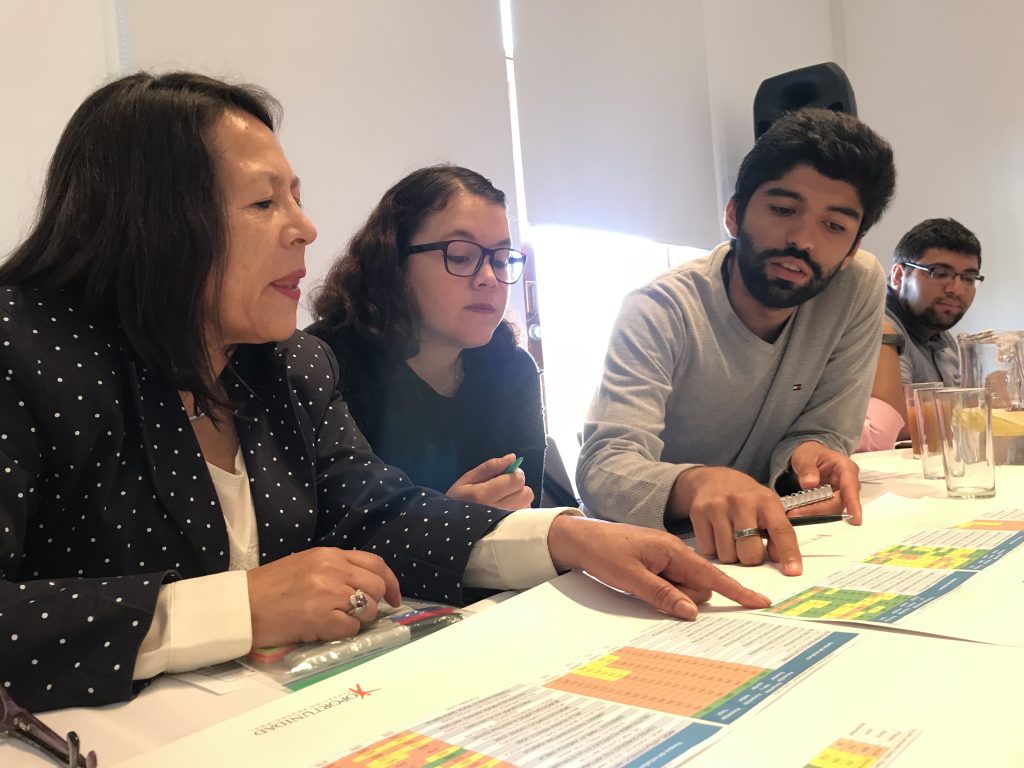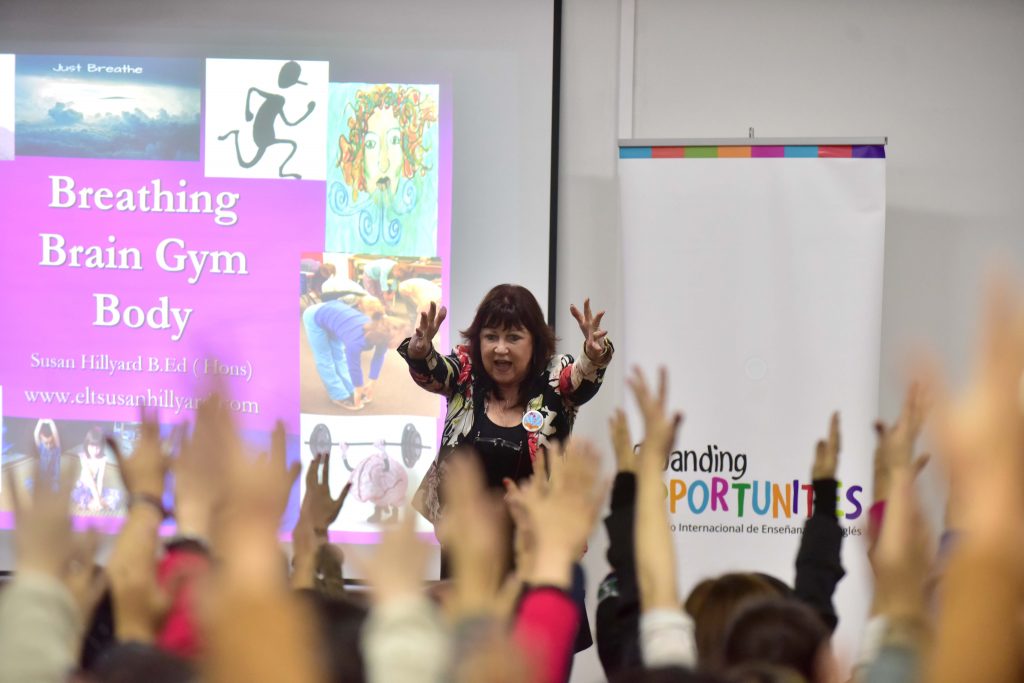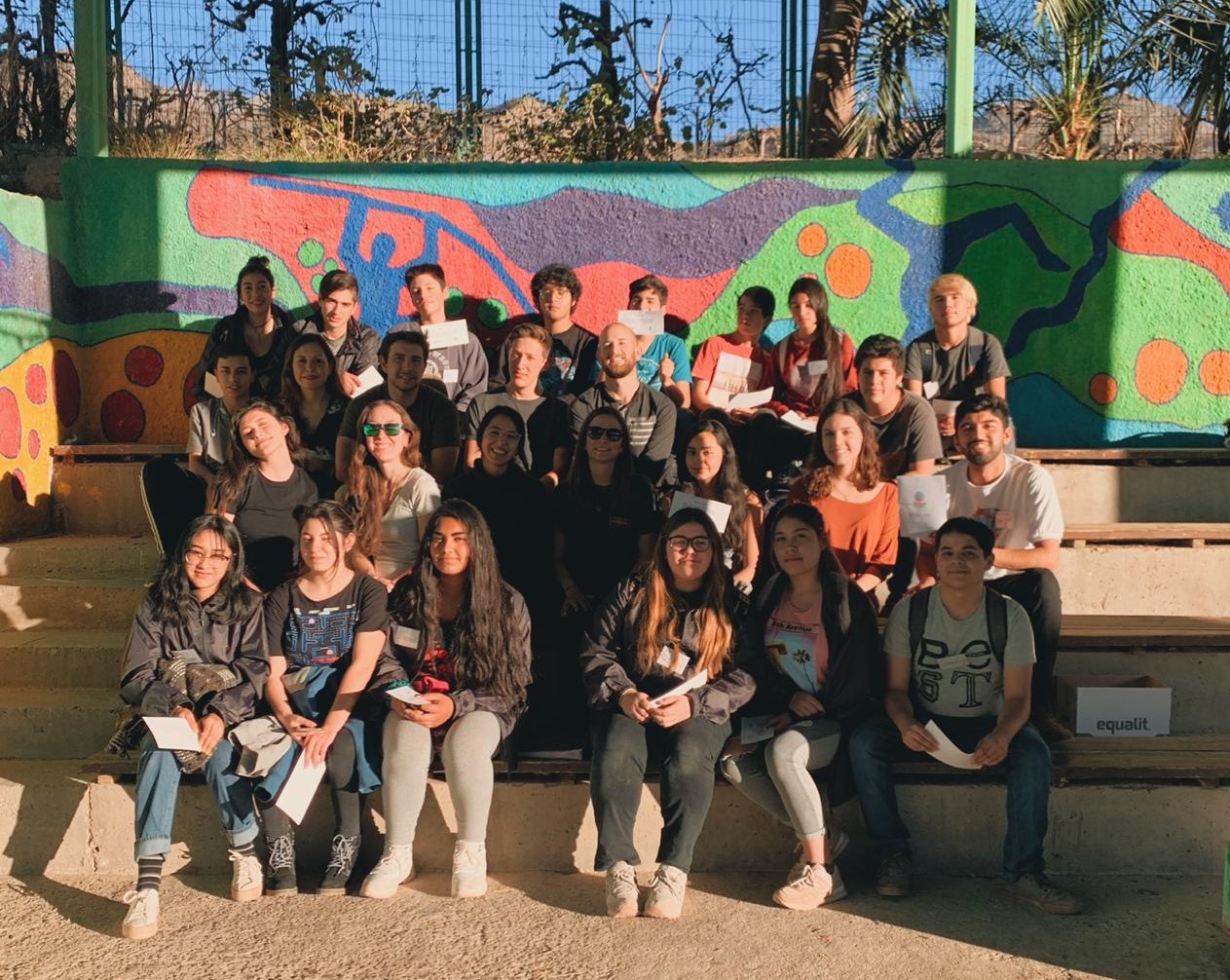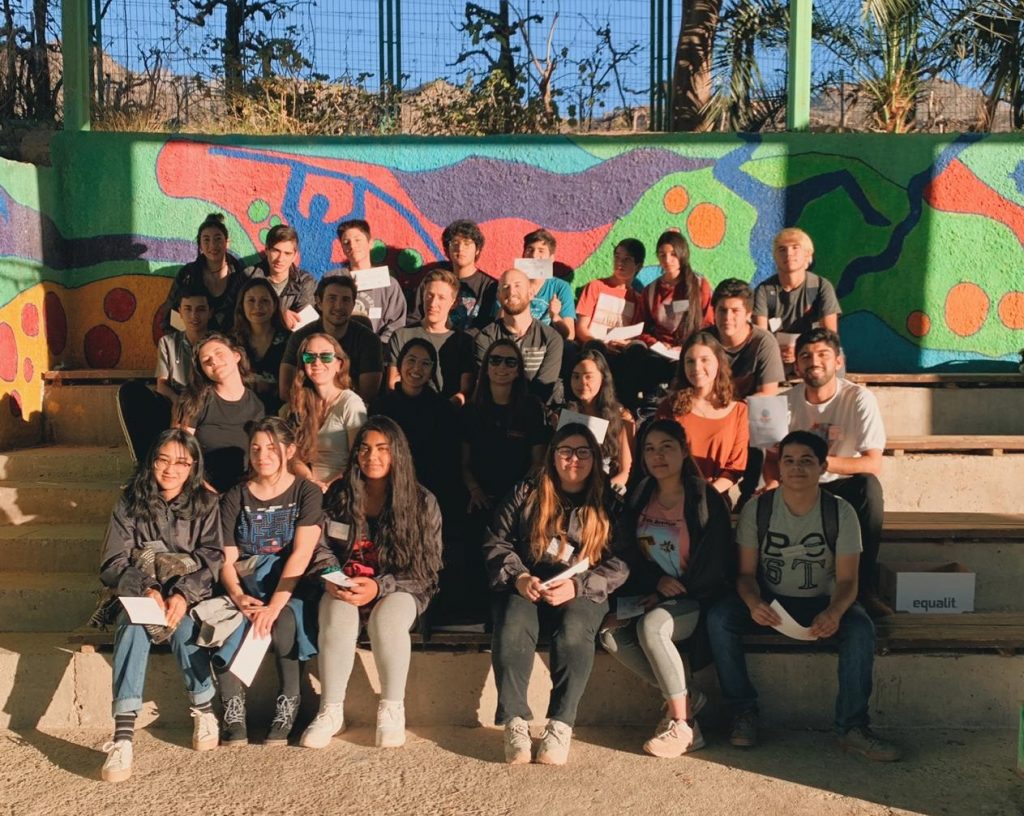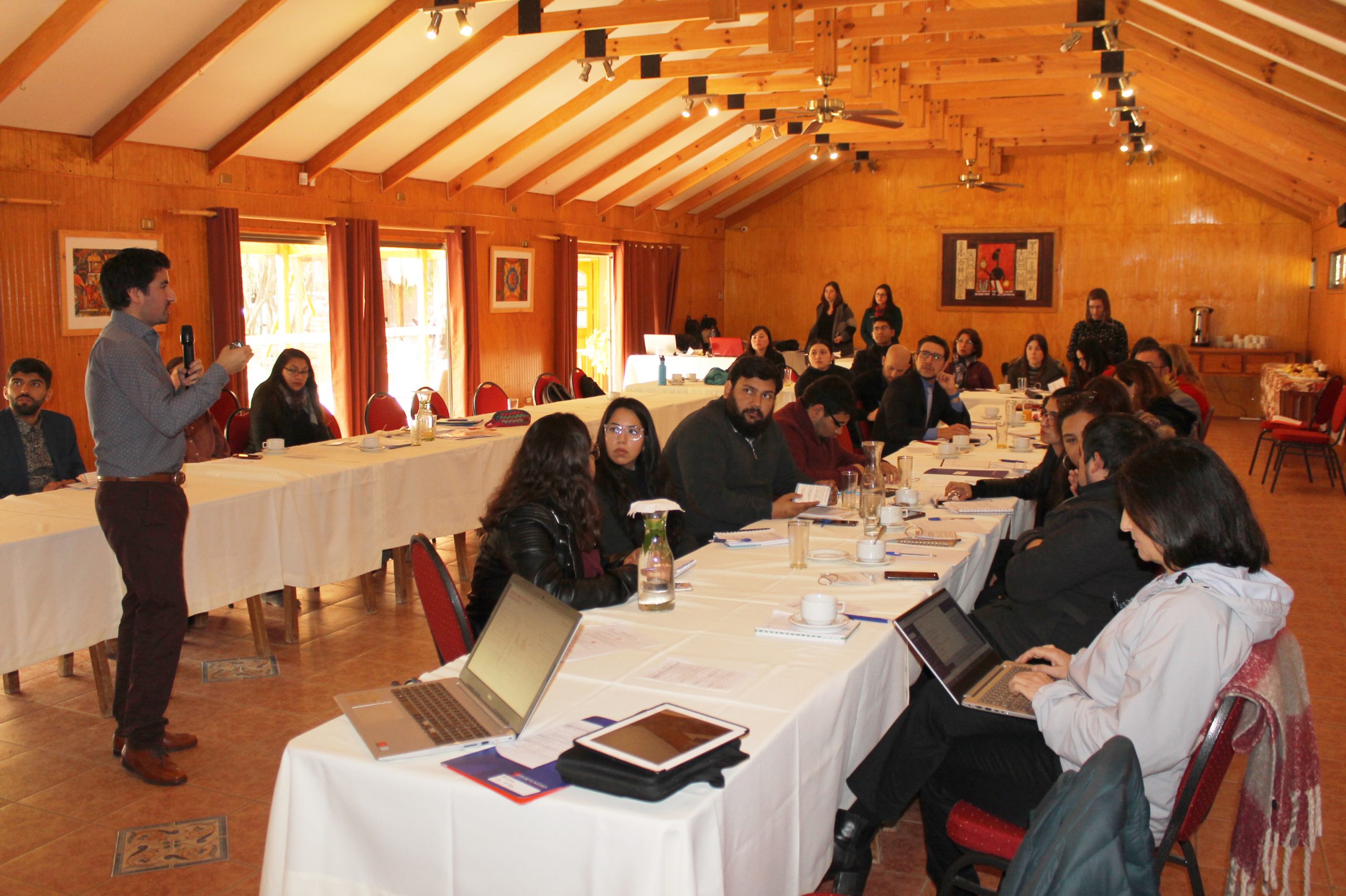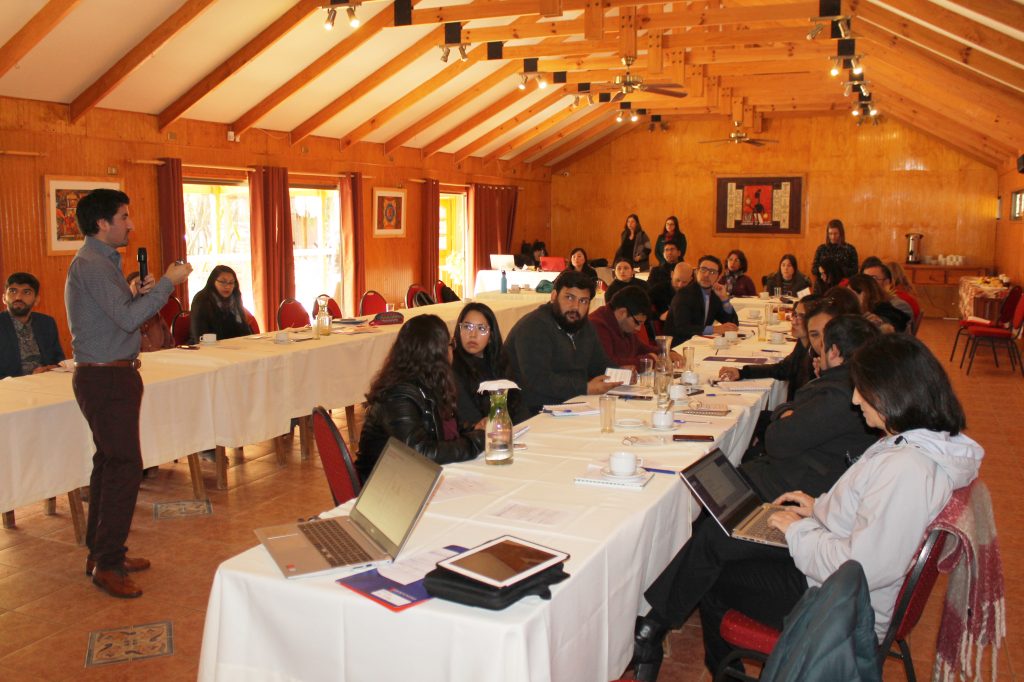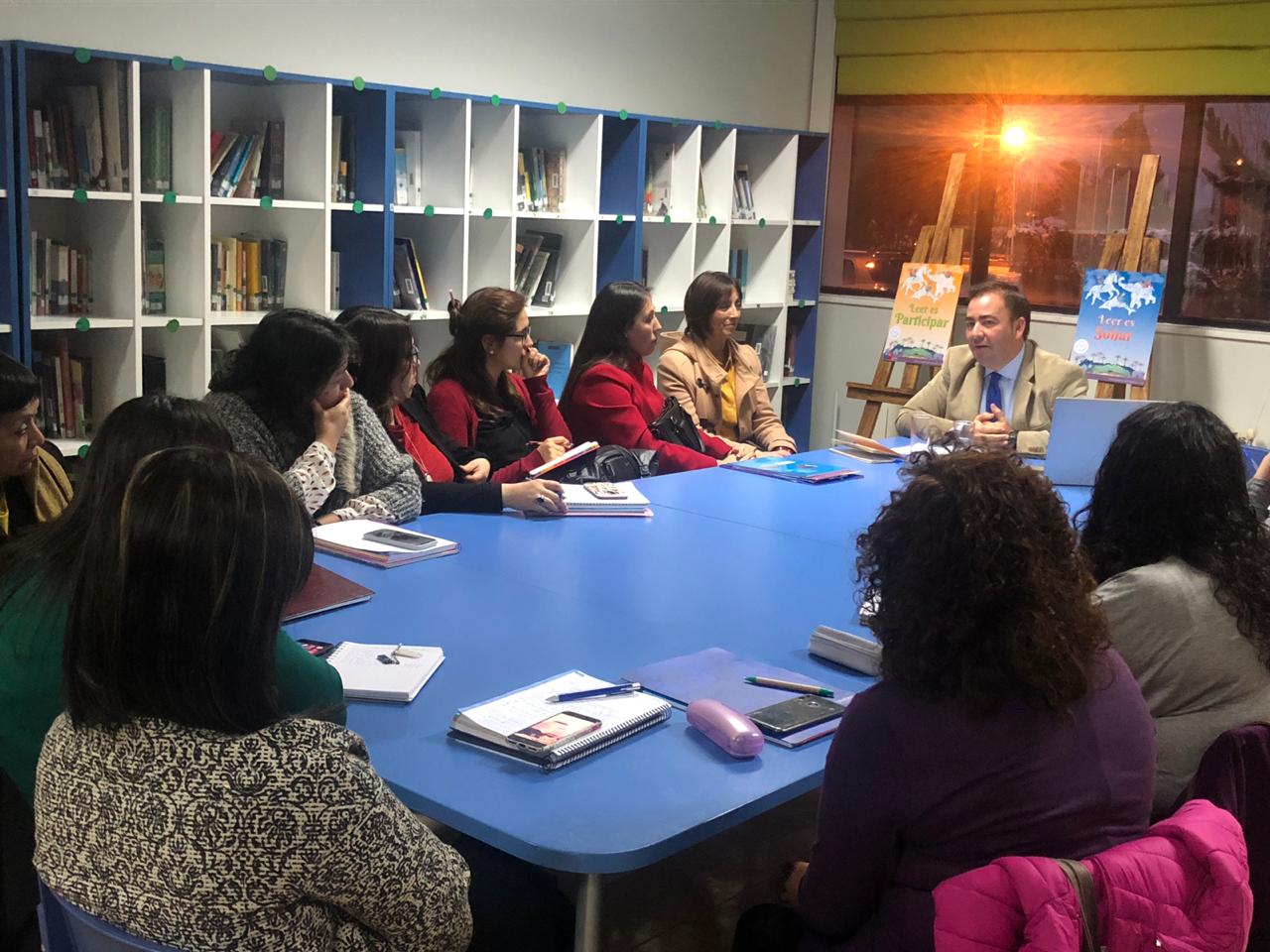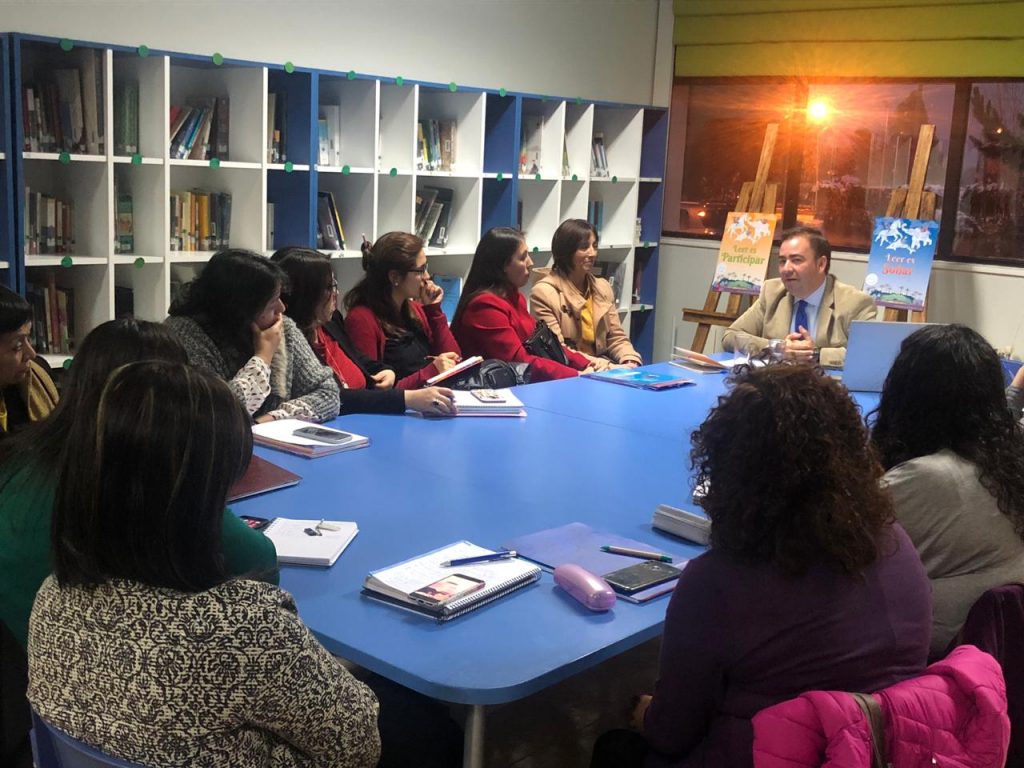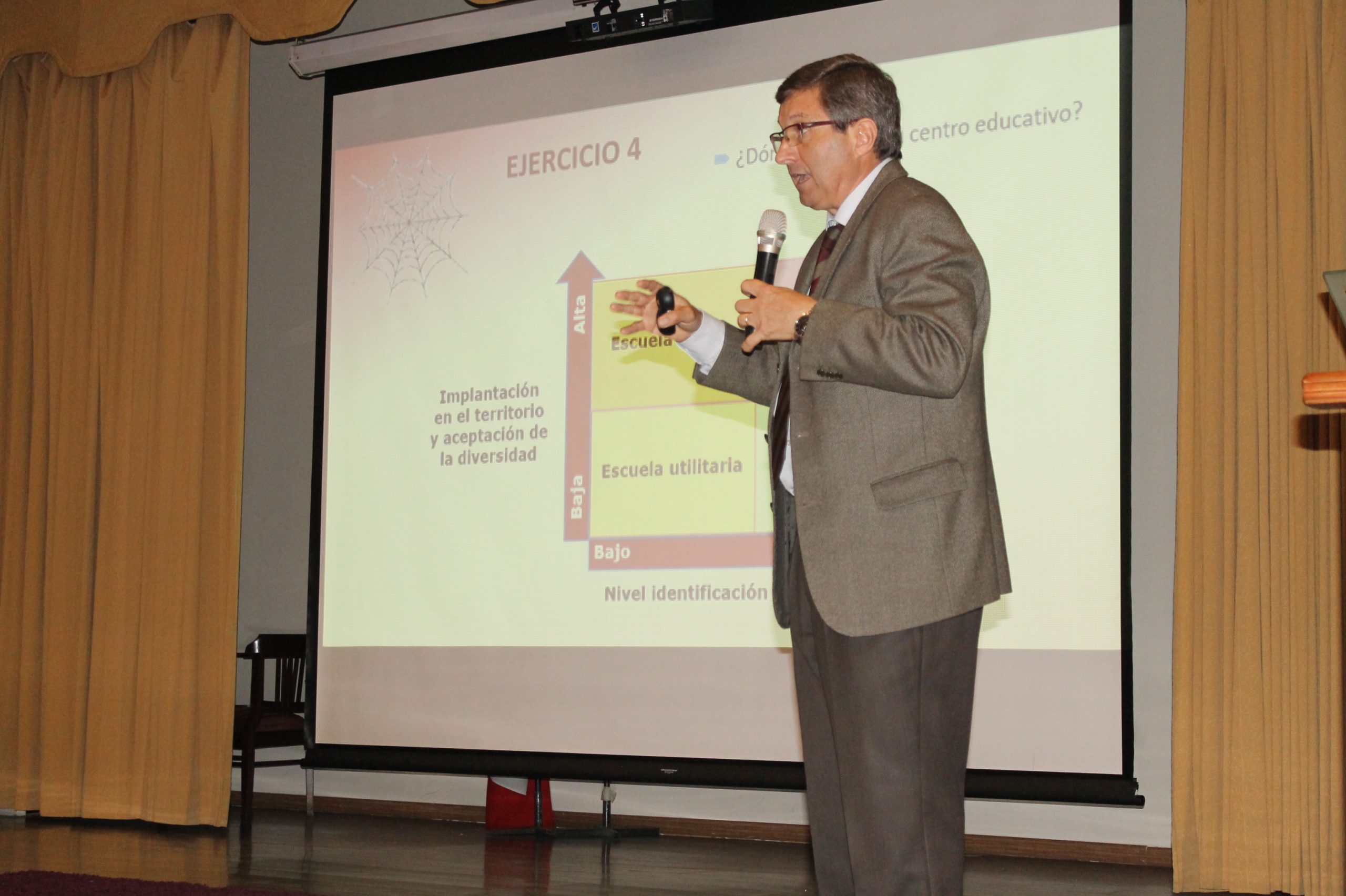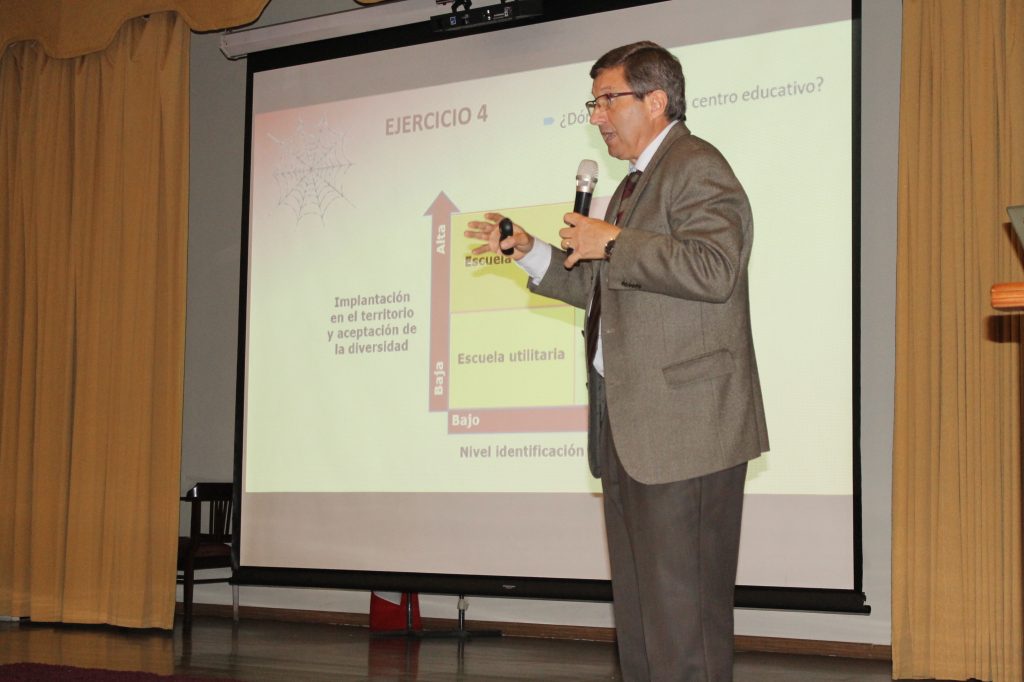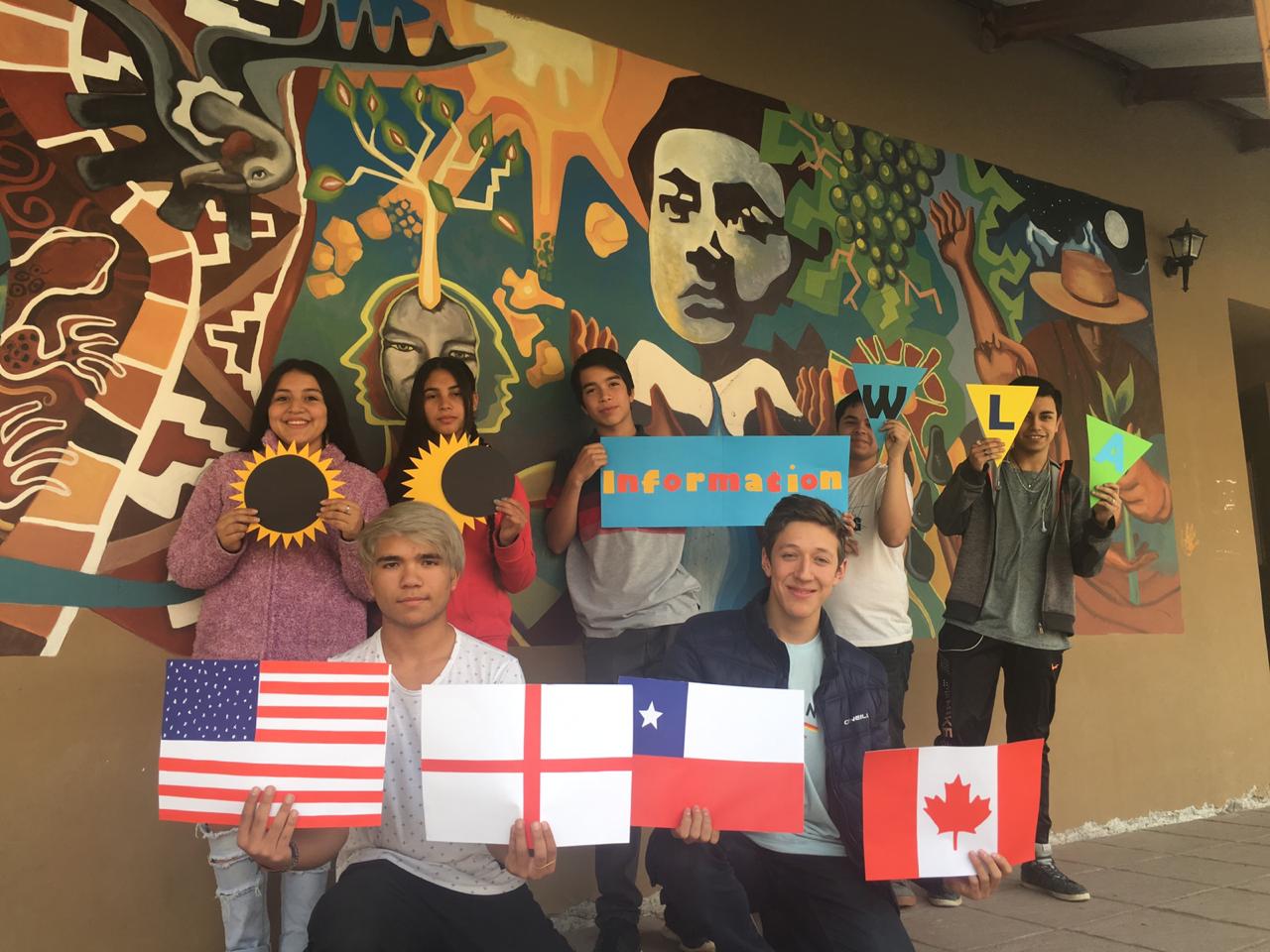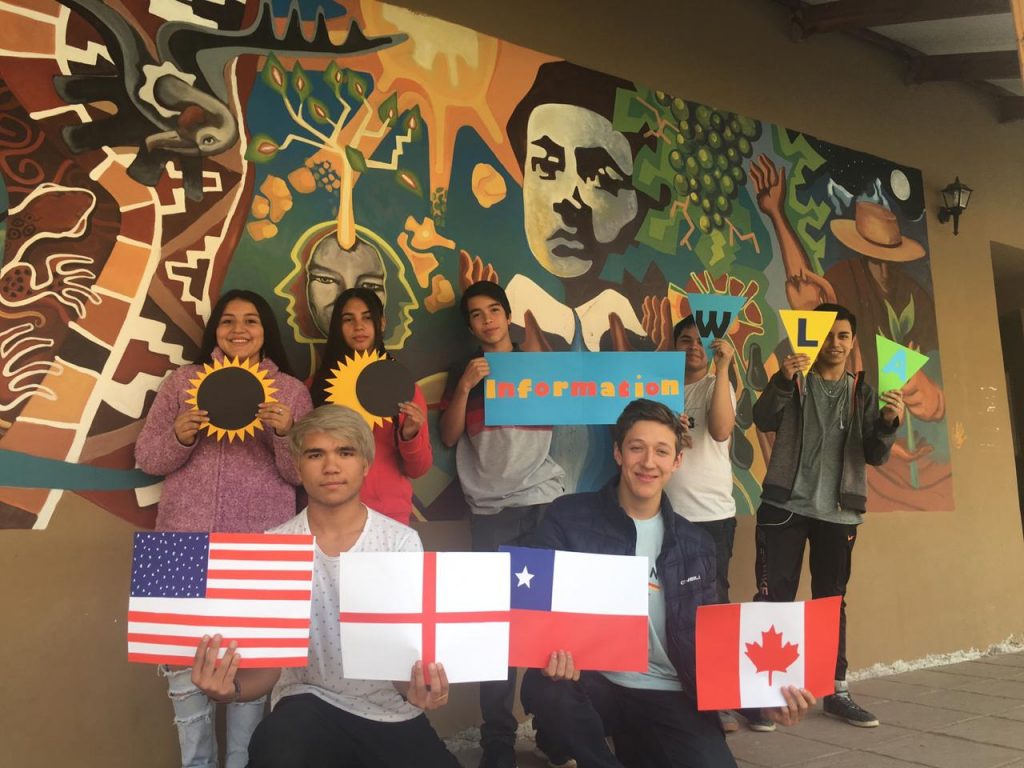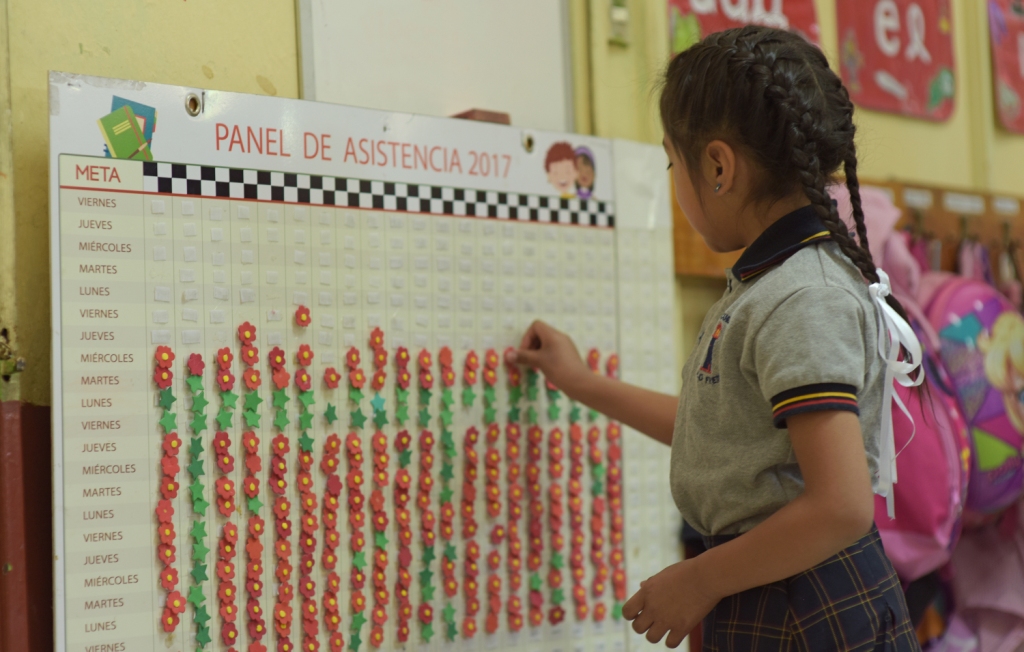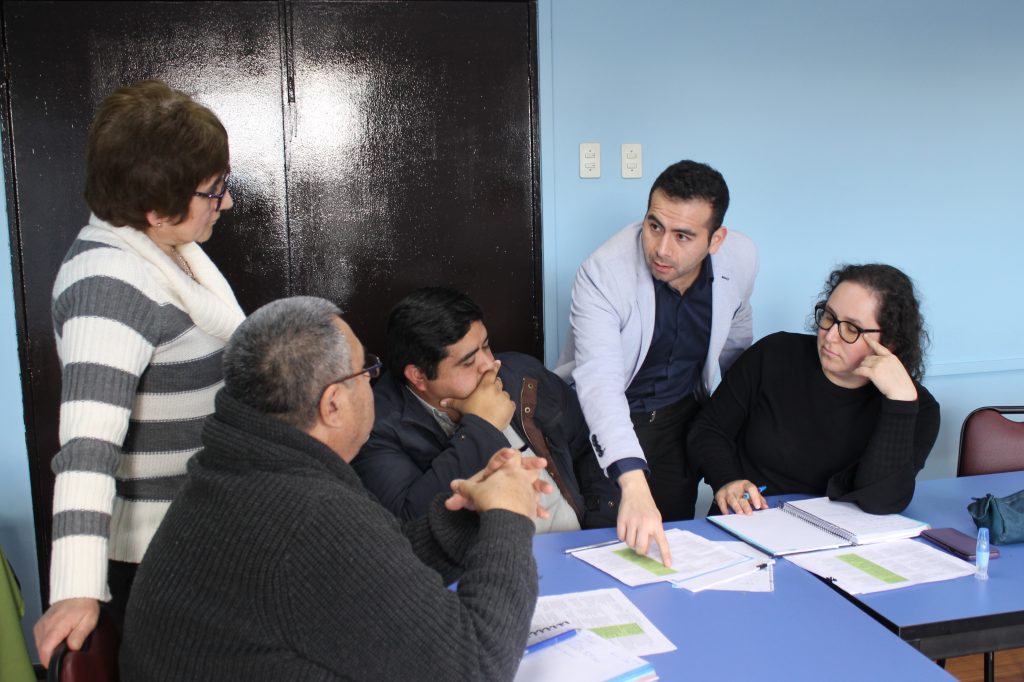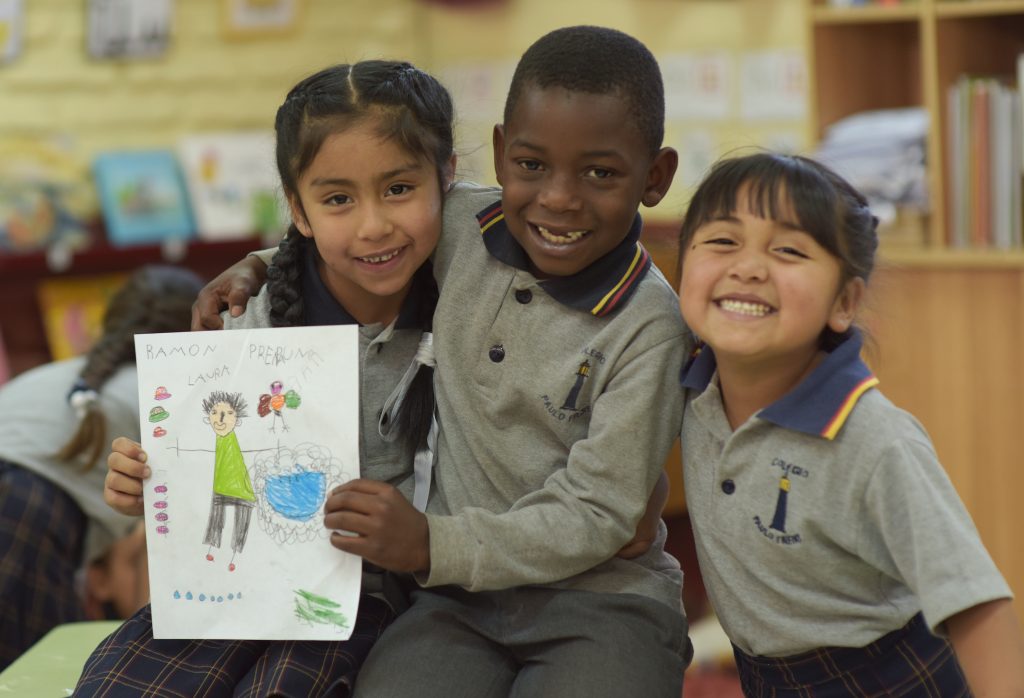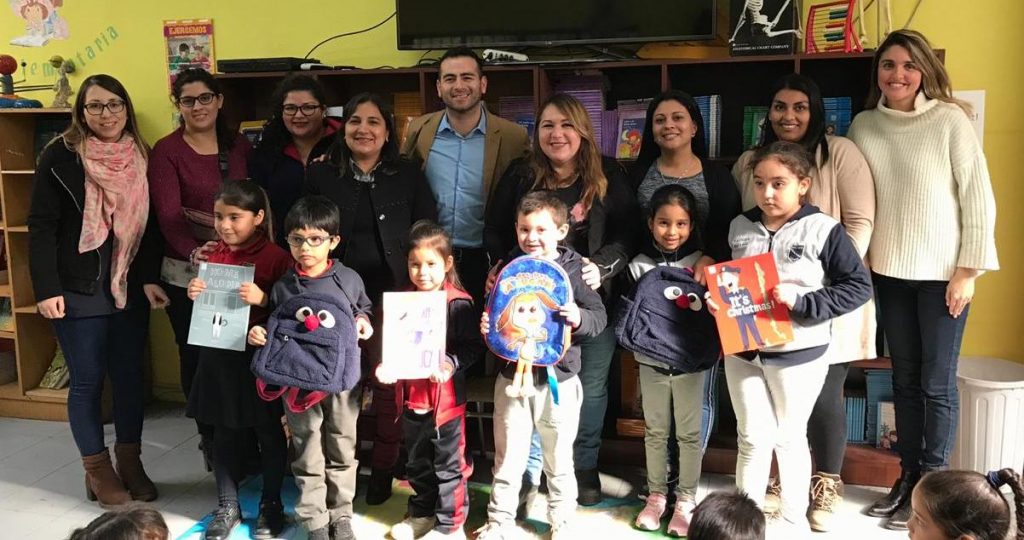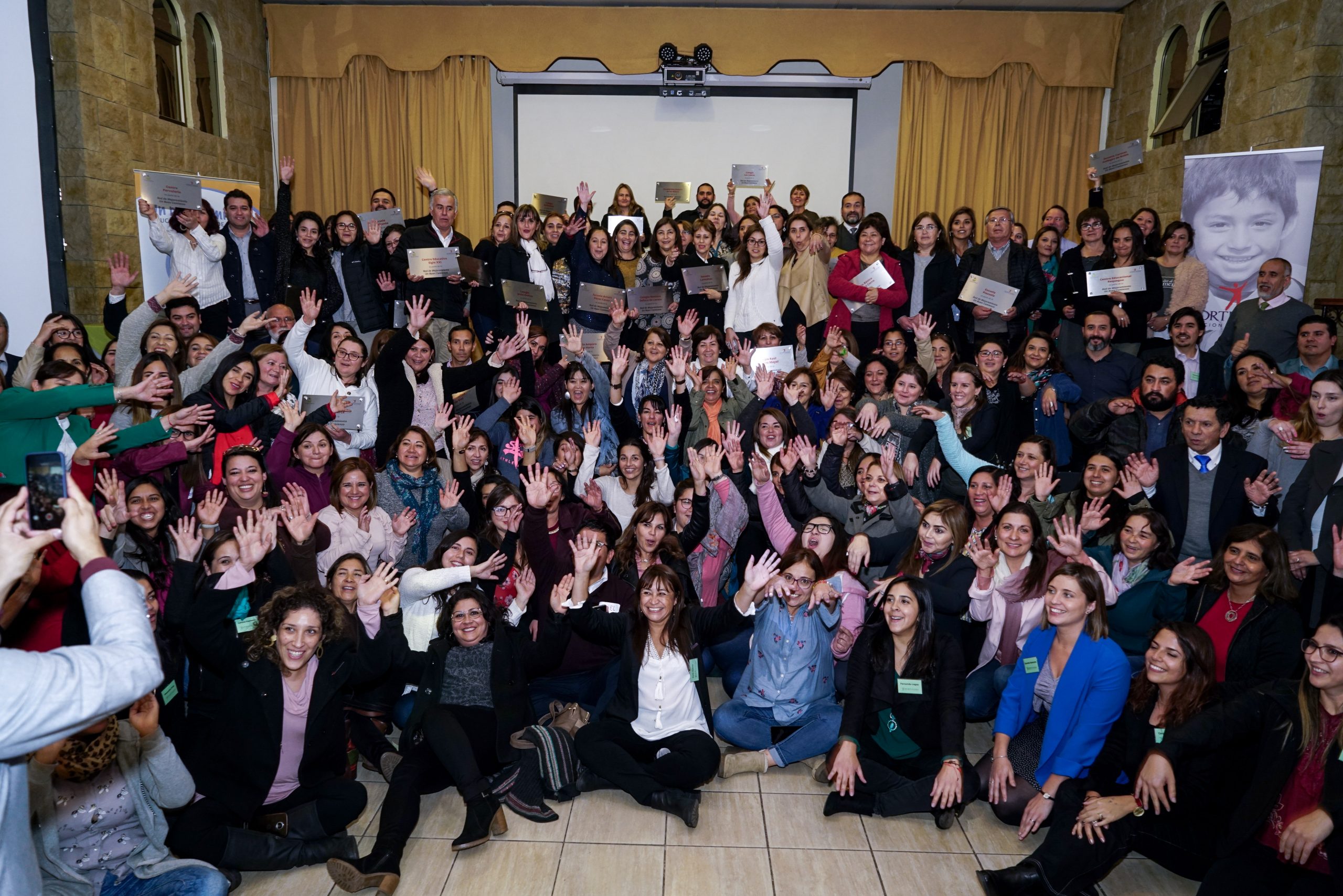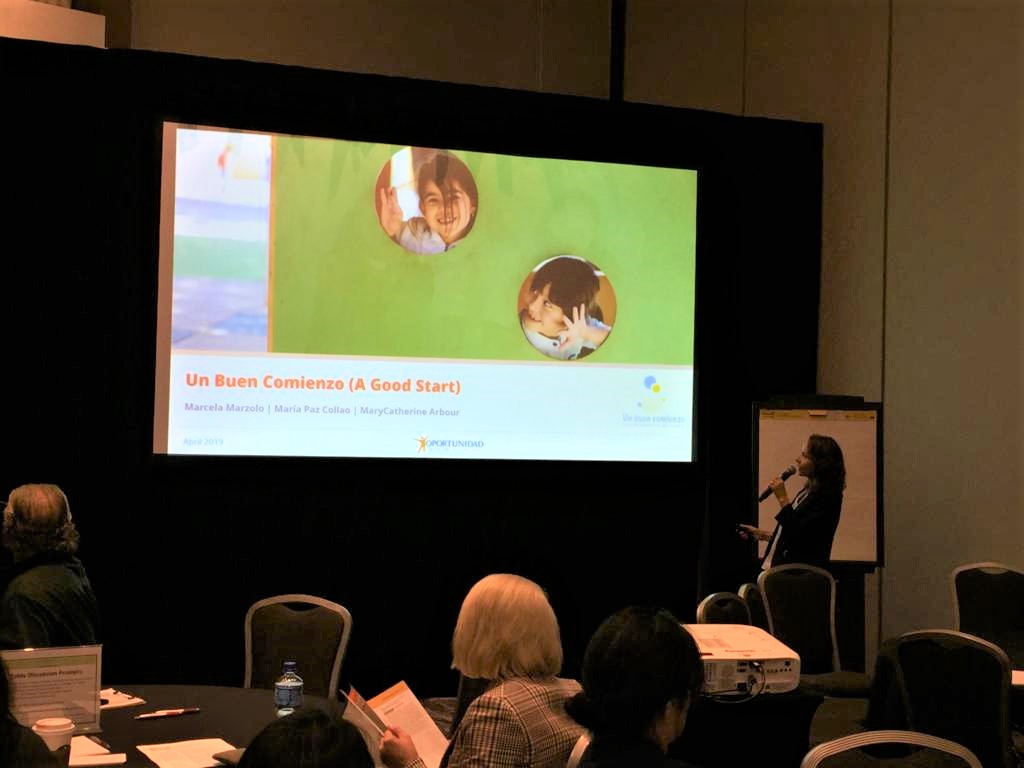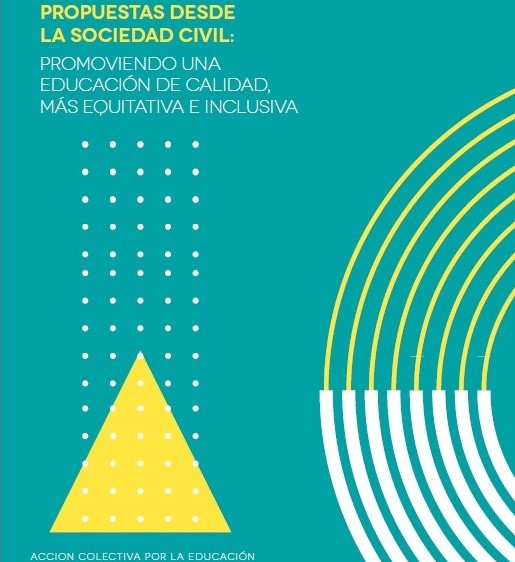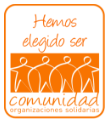Acción Colectiva por la Educación will present 16 approaches at the seminar "Moving towards a better education. Proposals from civil society".
A total of 16 proposals to improve our country's education system will be presented by Acción Colectiva por la Educación Collective Action for Educationa group made up of 18 leading organizations dedicated to education in Chile, will present a total of 16 proposals to improve our country's education system. The details of these proposals will be presented at the seminar "Moving towards a better education. Proposals from civil society", which will be held on Thursday, April 25 from 8:30 a.m. at the former Senate Congress Building, located at Morandé 441, Santiago.
The organizations that make up Acción Colectiva por la Educación contribute with their vast field experience and knowledge to build a quality, equitable and inclusive education system. For a year, its members have been working on evidence-based proposals that are technically and economically viable. These proposals have focused on four thematic areas: (i) early education, (ii) inclusive education, (iii) pedagogical practices and innovation, and (iv) management teams.
In early childhood education, the proposals are aimed at (1) reducing the technical coefficient and class size to bring us closer to the average of developed countries; (2) advancing in having recognized non-teaching hours for early childhood educators; (3) attracting early childhood educators to the classroom; and (4) strengthening the initial and in-service training of early childhood educators and technicians.
In inclusive education, the proposals have to do with (1) the creation of an observatory on educational inequity; (2) an integrated system for early identification of educational inequities (MINEDU-MDS-MINSAL); (3) the creation of a system for providing support and monitoring priority students; (4) curricular flexibility to address diversity; and (5) the strengthening of professional training for specialists, teachers and managers.
In pedagogical practices and innovation, proposals include (1) the creation of a platform for effective educational practices; (2) the creation of a national observatory of educational innovations; and (3) a system for scaling up effective educational practices.
In the area of management teams, it is proposed to (1) improve the system of competitive examinations for hiring management teams; (2) create a professional development system for management teams; (3) design and implement an efficient intermediate level (municipality or local education service) focused on strengthening the pedagogical role of management teams; and (4) strengthen the decision-making powers and autonomy of management teams.
Based on these proposals, Acción Colectiva seeks to open a multidisciplinary and democratic dialogue with the country's main stakeholders in charge of making public policy decisions in this area: representatives of the Ministry of Education, parliamentarians, researchers and key actors in the sector, such as teachers and civil society, in order to materialize initiatives aimed at improving the Chilean education system.
Acción Colectiva por la Educación is made up of organizations with recognized experience in education: Ashoka, Centro de Investigación Avanzada en Educación (CIAE) of the Universidad de Chile; Corporación Vida Buena, Educación 2020, Elige Educar, Enseña Chile, Fundación Chile, Fundación Crecer con Todos, Fundación Educacional Oportunidad, Fundación Mis Talentos, Fundación Origen, Fundación Portas, Fundación Súmate, Movimiento Aula, Puentes Educativos, SUMMA, Tu Clase, Tu País and Vicaría para la Educación (Archbishopric of Santiago).
